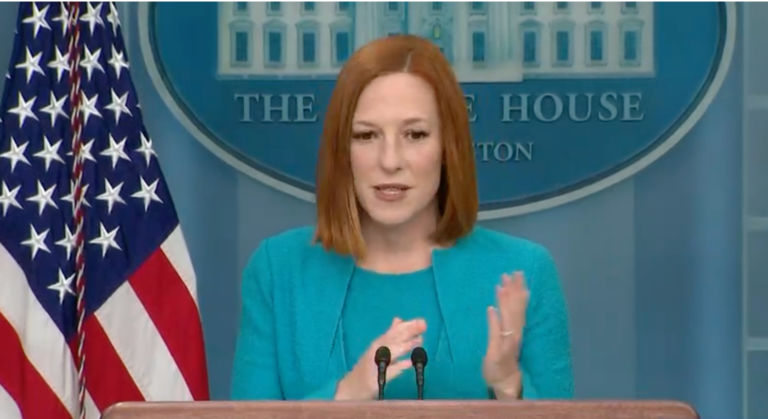The government has its fair share of pension problems, but for private companies that also offer pensions – they have their problems too. An article from the Wall Street Journal talks about what is going on in the world of private pensions.
More companies are preparing to offer lump-sum pension buyouts to their former employees, taking advantage of tax policies that make it possible to reduce their pension obligations and lower their costs.
In coming months, employers including Newell Rubbermaid Inc. and E.W. Scripps Co. will try to persuade former employees to take their retirement money early, and in the form of a lump sum, rather than as a series of pension payments after retirement. In making the offers, they hope to get part of their pension liabilities off their books, and to cut the costs of maintaining their pension plans.
Thanks to years of low interest rates, pension liabilities of S&P 500 companies are ballooning. S&P says the gap between the amounts the companies will owe retirees and their pension assets was about $389.1 billion at the end of last year, up from $224.5 billion in 2013.
Servicing costs also are growing. Premiums companies must pay to the government’s pension insurer this year climbed to $57 for each pension-plan participant, up from $49 last year, and they will hit $64 next year.
Market returns, meanwhile, are shrinking. Companies expect to earn a 7% return on pension assets this year, down from 9.1% in 1999, S&P says.
As a result, more companies are eager to take advantage of a decision by the Internal Revenue Service to continue using its current life-expectancy calculations, which will make it cheaper for them to offer pension buyouts before 2017, when the IRS is likely to adopt new, longer lifespan estimates.
Newell Rubbermaid said in August that it plans to offer 3,300 former employees a lump-sum pension buyout to “reduce the size” of its pension obligation and related expenses—its second lump-sum offer in two years. The offer is equivalent to about $120 million of its total $1.73 billion pension liability.
Last September, Newell Rubbermaid, which is based in Oak Brook, Ill., offered 5,700 former employees the chance to cash out their pensions. Typically, about 50% of former workers accept such offers, it says.
A spokesman for the company declined to elaborate.
Media company E.W. Scripps said last month that it plans to offer as many as 4,300 former employees lump sums or annuities, rather than conventional pension payments. It wanted the chance to reduce liabilities, and said it got “many requests” from former employees for a buyout option, a spokeswoman said. The company expects about 60% to 80% of those offered buyouts to take them.
The IRS helped to fuel the trend toward lump-sum offers when it said in July that it would put off using new mortality-rate calculations based on longer lifespans until 2017. That suddenly made it cheaper for companies to offer pension buyouts now than in the future. The new assumptions that people will live longer will make lump-sum offers more expensive to companies.
“We’re warning clients that if you want to shed this liability, do it now or by the end of 2016, because it is just going to be a different ballgame in 2017,” said Amy Gentile, senior actuarial consultant at Findley Davies, who advises corporations on pension benefits.
For former employees, a lump-sum buyout is often a bad option. In many cases, if they took the payout and bought an annuity from an insurer, or invested the money, they would earn less than the monthly pension income they sacrificed.
Donna Johnson, of Hannibal Mo., decided to take a lump-sum offer of less than $50,000 in 2002 from AT&T Inc. when it closed the office where she was a group manager. At the time, she and her husband, Dave, said they thought they would do better by putting the money into high-yielding certificates of deposits than in an annuity. But “little did we know the Fed would [in effect] lower rates to zero, and keep them there so long,” said Mr. Johnson. “The decision has given us a little less income in retirement.”
Still, many people offered a lump sum will choose to take it, benefits consultants say, and pension-plan participants may find this is a better year to take the buyouts—if they want them.
The possibility that the Federal Reserve may raise interest rates later this year means that the lump sums companies offer may be larger now than in future years. If rates rise, companies can offer smaller lump sums because their obligations shrink.
“Interest rates are the single most important factor in the size of a lump sum,” said Stuart Schulman, a consulting actuary at Buck Consultants, which advises companies on pensions. Some companies will try to time their offers to the start of a rise in interest rates, but before the new mortality rules take effect in 2017, he said.
In May, Alcatel-Lucent said it would offer lump-sum buyouts. About 86,000 retirees and former employees have until Sept. 25 to tell the company their decisions, according to the company. .
Payments will be made Nov. 2 to those who elect the buyouts, an Alcatel-Lucent spokesman said
The IRS said in July that it would no longer allow companies to make lump-sum offers to people who had already retired. “There’s not going to be another lump-sum offer…people know that,” said Frank Minter, pension director for the Lucent Retiree Organization.
Walt Greenwood, a retiree who lives in Everett, Wash., said he chose not to take Alcatel-Lucent’s lump-sum offer. He calculated that he would have to earn near 7.5% annually to do better than his current pension. “And that ain’t happening,” he said.



